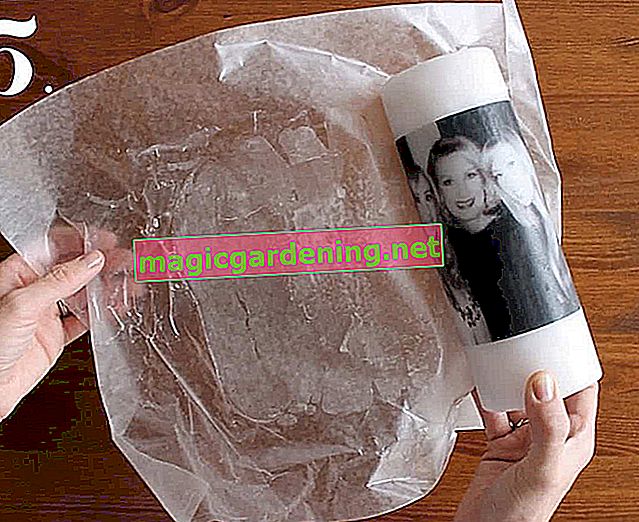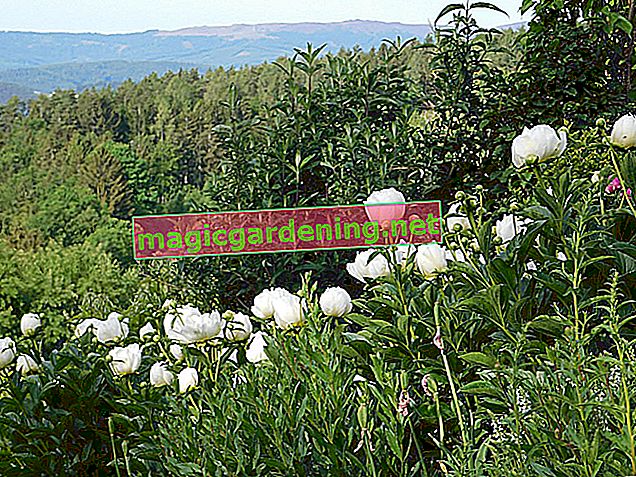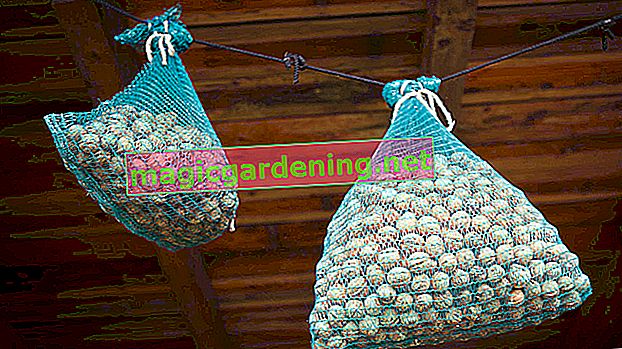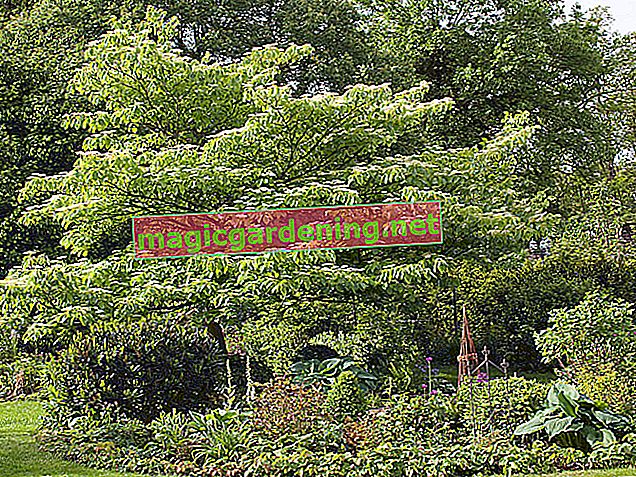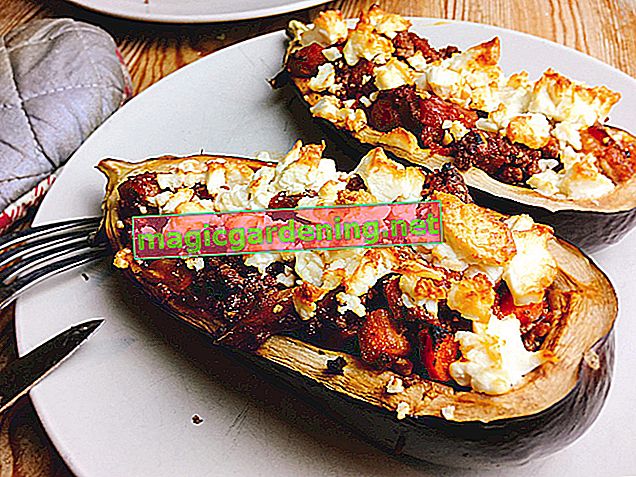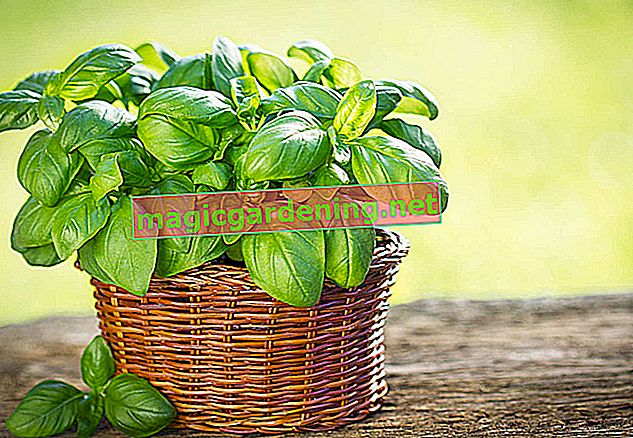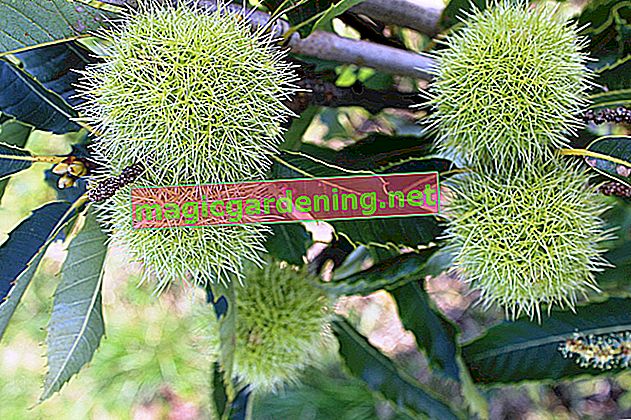
Quince quinces are not poisonous
Japanese and Chinese quince form fruits about five centimeters in size. The ornamental quinces are quite sour and very hard even when ripe, so that they are not suitable for raw consumption.
also read
- Ornamental quinces are not poisonous, but raw but hardly edible
- The right location for ornamental quinces
- The rich variety of ornamental quince varieties
In addition to vitamin C, they contain a lot of pectin. The juice of the quince can be used as a substitute for lemon juice. However, it is not that easy to squeeze the fruit to get significant amounts of juice.
When are ornamental quinces ripe and can be harvested?
Only when the fruits have turned a rich yellow or reddish color are they ready to be harvested. The degree of ripeness can also be recognized by the aromatic scent of the fruit.
Harvest fruits that you want to process as late as possible. The aroma unfolds best when the ornamental quinces have gotten a little frost. However, they should then be harvested immediately and consumed immediately.
Ornamental quince jelly
- Use ripe ornamental quinces
- Wash the fruit and cut it once
- Cook with seeds and shell
- Brush through a sieve
- Mix the mixture with the preserving sugar
- Bring to a boil
- Fill into glasses
By boiling the pips and the shell, the jelly will later become very firm. The ratio of quince mixture and preserving sugar is 1: 1. You should not use less sugar so that the jelly becomes sweet enough.
Jelly made from Japanese or Chinese ornamental quince tastes different to normal quince jelly. The “Cido” variety, an almost thornless variety of ornamental quince, is particularly suitable for making jelly.
Keep ornamental quinces
Raw ornamental quinces that were harvested before the first frost can be stored for many weeks without spoiling. Store them in a cool, dark place.
Birds like quince quinces too
You can also leave the fruit on the bush. There they serve as additional food for the domestic birds in winter.
Tips & Tricks
: Ripe Chinese and Japanese ornamental quinces give off an intense scent. Put a quince or two between the laundry in the linen cupboard. Bed linen and towels lose the often unpleasant cupboard smell.
Ce

